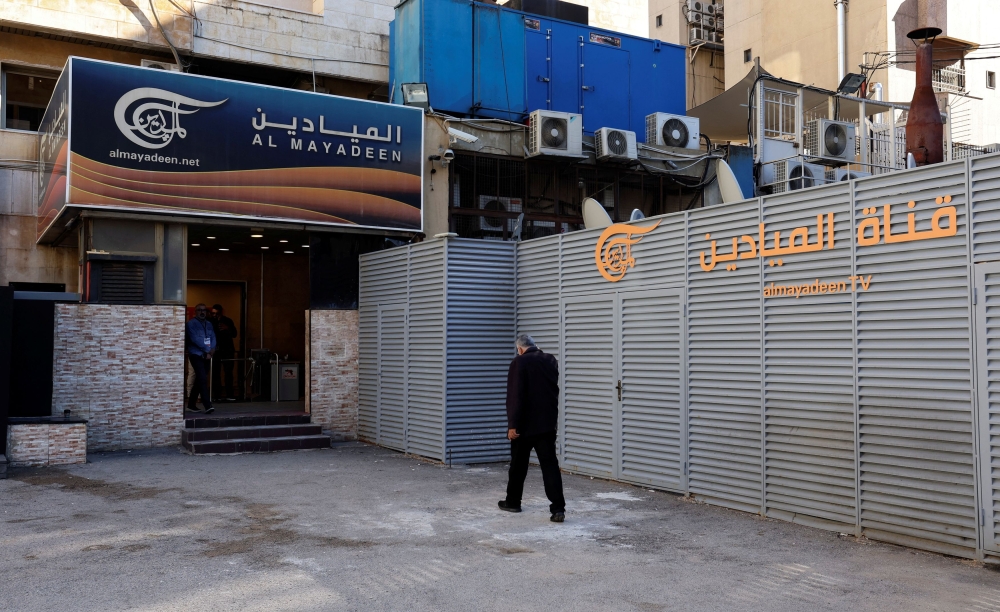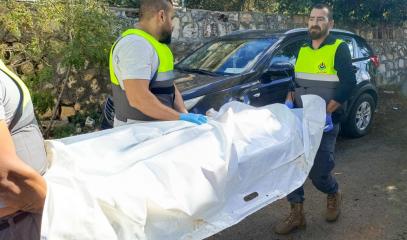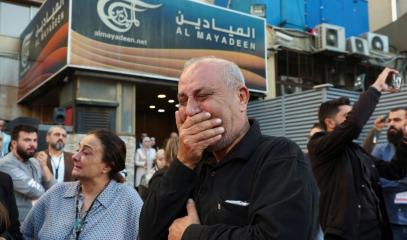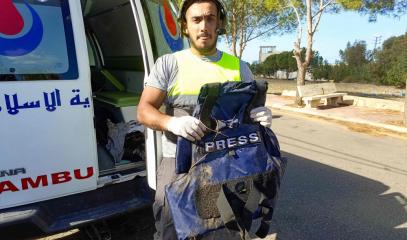UN concern over Lebanon: the 2006 truce is increasingly fragile
Secretary General Guterres warns of a "miscalculation" on the border between Lebanon and Israel. Hochstein: restoring calm "a top priority" for both sides. The role of the Blue Helmets and resolution 1701 under discussion in the Security Council. Hezbollah looks interested in a possible cancellation.
Beirut (AsiaNews) - In the latest report on the application of UN Security Council resolution 1701, which will be discussed today at the UN Security Council, and which AsiaNews was able to analyse, Secretary General António Guterres says he is "concerned".
The fears are related to "violations of the ceasefire along the Blue Line", the demarcation between Lebanon and Israel made official by the United Nations on 7 June 2000 to overcome hostilities. Resolution 1701 indeed remains, for Guterres, a precious international instrument that has managed to guarantee peace on both sides of the Lebanese and Israeli border since 2006.
The special coordinator for Lebanon, Joanna Wronecka, will explain to the Council the serious crisis situation that is underway along the Blue Line and the attacks aimed at the headquarters of the UN force (Unifil) in Nakoura. In the area just two weeks ago a Nepalese soldier from the international force was injured by an unexploded shell previously launched by the Israelis.
1701 calls for the withdrawal of Hezbollah north of the Litani River and the deployment of the Lebanese army and the United Nations Interim Force for Lebanon (Unifil) in the border region. In his report, Guterres deplores “the disruption of this order and the exchange of fire between Hezbollah and other non-state armed groups on the one hand and the Israel Defense Forces on the other.”
He added: “Although the exchanges of fire were largely limited to the immediate vicinity of the Blue Line, the danger of miscalculation and wider conflict remains.”
Regarding the protection of journalists and civilians, the UN Secretary General called on all parties to respect human rights and international laws. He called the death of Lebanese journalist Issam Abdallah, killed in an Israeli attack on October 13 in southern Lebanon, “regrettable”.
A similar position should also be taken for the death yesterday of two reporters from the pan-Arab channel al-Mayadeen and a civilian who accompanied them, killed by an Israeli bombing in the Tayr Harfa sector, an assassination which aroused very strong emotions in Lebanon. Farah Omar and Rabih Maamari were "deliberately targeted" by the Israelis, the broadcaster's director general accused.
Guterres' concern is shared by US President Joe Biden, who asked his envoy for Lebanon, Amos Hochstein, who arrived in Tel Aviv on 20 November, to discuss ways to prevent the conflict from spreading beyond the border region. A
ccording to a US official quoted by Reuters, Hochstein “will stress that restoring calm along Israel's northern border is of the utmost importance to the United States and should be a top priority for both Israel and Lebanon.”
Hezbollah's position
Guterres' report condemns UNIFIL's violations of freedom of movement. Curiously, this observation coincides with the release last week of the prime suspect in the murder of Sean Rooney, an Irish peacekeeper who was attacked in the village of Aqibiye by people close to Hezbollah. The decision was officially taken for "health reasons", but it could be a sort of message to the international UN force.
Furthermore, Hezbollah has reservations about the wording of the United Nations resolution, which guarantees peacekeepers the right to conduct patrols without prior coordination with the Lebanese army.
Representatives of the countries contributing to the UN force participated in a general meeting at the Unifil headquarters. “We are facing serious challenges. But the role of Unifil remains unavoidable as it remains the only impartial interlocutor capable of communicating with both parties to avoid misunderstandings and miscalculations" declared spokesperson Andrea Tenenti.
For Hezbollah, however, it may be time to officially draw a line under 1701, erasing it from the table. “Let's be realistic: 1701 is very far from us” says Mohammad Afif Naboulsi, one of the rising stars of the pro-Iranian Shiite movement.
“Also, what is the purpose of this resolution and the presence of the Blue Helmets here? Why am I only on the Lebanese side?” asks Naboulsi, before adding: “Let's put an end to the war in Gaza and everything will return to normal.”
However, this prospect, in his mind, means a return to the status quo that prevailed until the resolution was reached. Something that Israel itself no longer seems willing to accept. Moreover, the Jewish State is trying to take advantage of the situation to impose a new order along the borders that forces the Shiite side to strictly respect resolution 1701, something which it has only partially and loosely done so far.
17/05/2021 10:29










.png)










